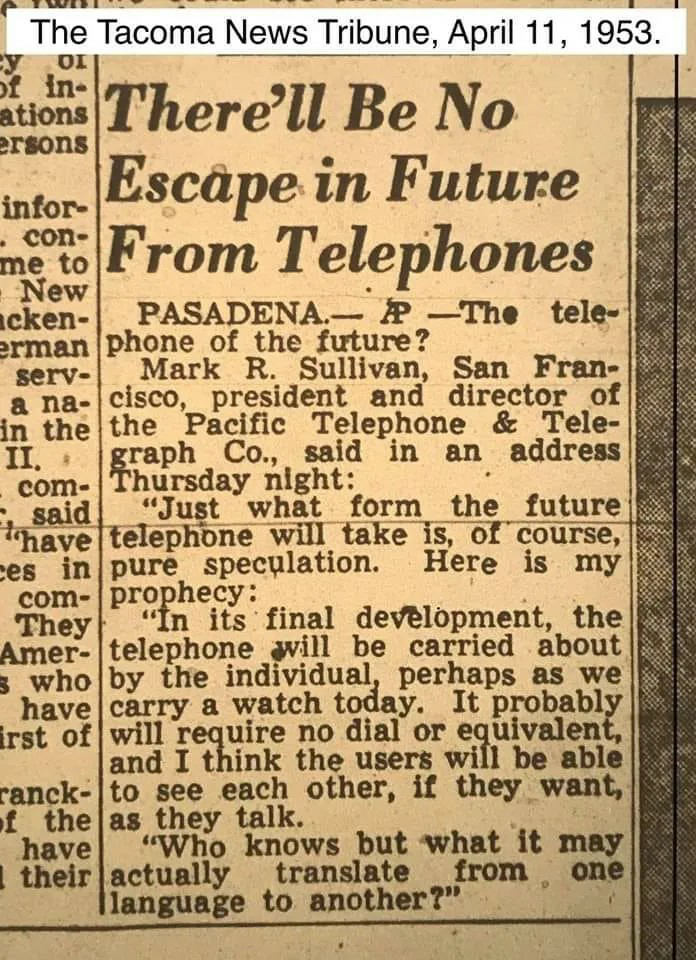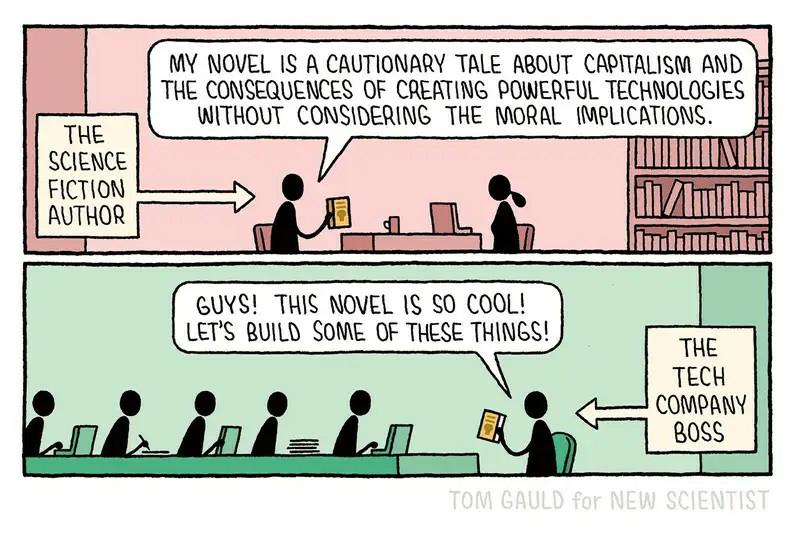Futurism
429 readers
1 users here now
A place to discuss the ideas, developments, and technology that can and will shape the future of civilization.
Tenets:
(1) Concepts are often better treated in isolation -- eg: "what if energy became near zero cost?"
(2) Consider the law of unintended consequences -- eg: "if this happens, then these other systems fail"
(3) Pseudoscience and speculative physics are not welcome. Keep it grounded in reality.
(4) We are here to explore the parameter spaces of the future -- these includes political system changes that advances may trigger. Keep political discussions abstract and not about current affairs.
(5) No pumping of vapourware -- eg: battery tech announcements.
See also: [email protected] and [email protected]
founded 1 year ago
MODERATORS
28
1
Batteries Are Advancing According to Their Own Little-Known Moore’s Law (Wright's Law)
(themobilist.medium.com)
29
30
31
32
33
34
1
USDA Approves First Lab-Grown Chicken in the United States | Smithsonian Magazine
(www.smithsonianmag.com)
35
1
Research Identifies Factors That Make Correcting Misinformation About Science More Successful | University of Pennsylvania
(www.annenbergpublicpolicycenter.org)
36
37
1
A futuristic vision (William Heath -- aka Paul Pry 1829) -- Source for banner image
(commons.wikimedia.org)
38
39
40
44





